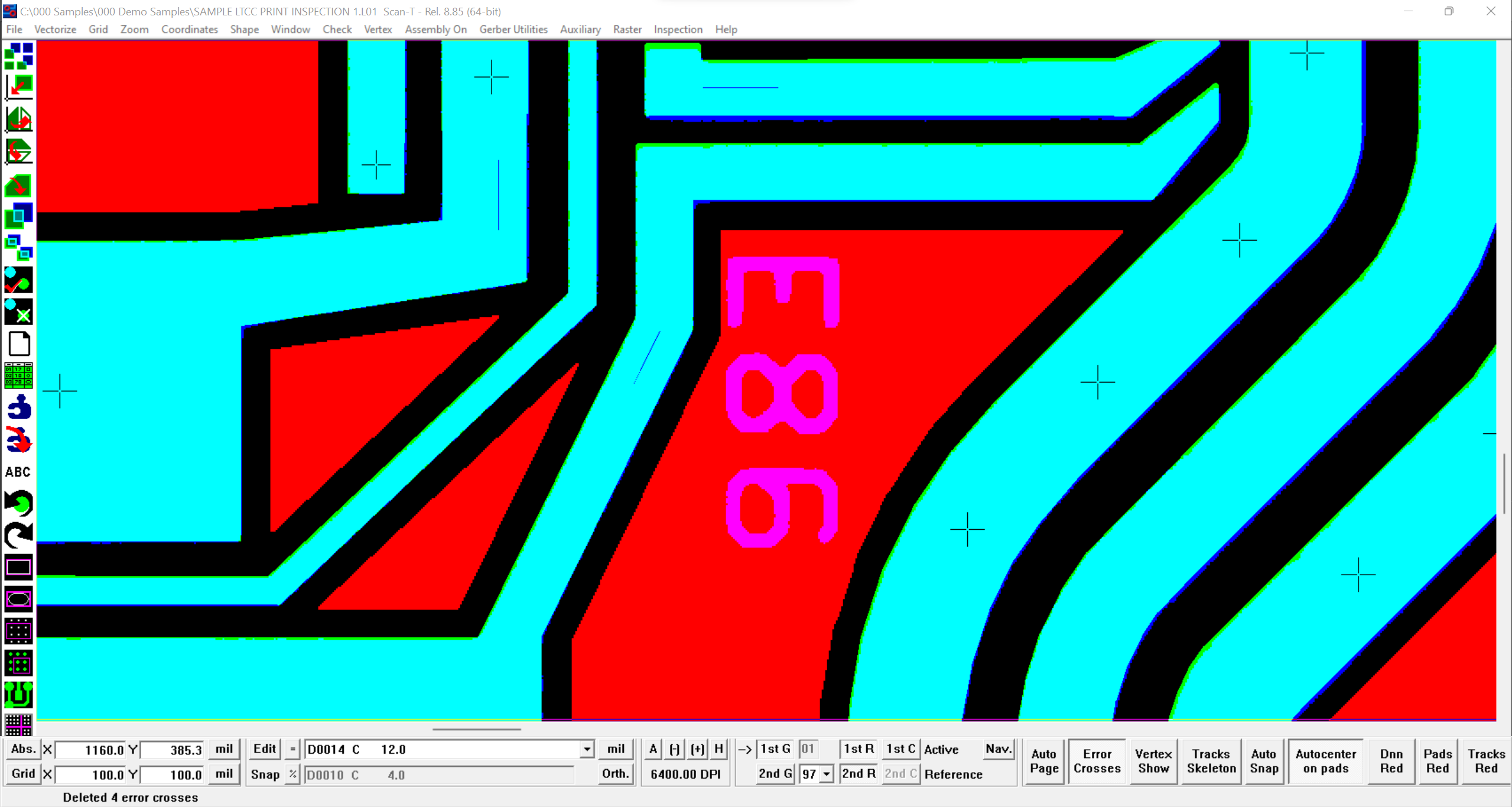The main body of a laser, containing the critical laser gas mixture, is referred to as the core. The core can be made of metal, ceramic, or glass. The primary advantages of metal core lasers over ceramic core lasers are discussed below.

Ceramic core lasers were developed for commercial applications as water-cooled, ion gas lasers in the 1970s. All metal core laser technology has its genesis in military developments for demanding and mission critical applications. By the late 1980s, these military programs were complete. However, metal core laser development continued on to make the highly reliable and serviceable lasers available for commercial and industrial applications.
Metal core lasers are constructed from aluminum and go through a passivation (micro-coating) process during manufacturing, building a thin, dense layer of ceramic (AL2O3) on all internal components and eliminating the possibility of metal contact with the gas mixture. This very thin ceramic layer (just a few microns) does not impact thermal conductivity. Both ceramic core and metal core lasers are decontaminated and evacuated to high vacuum levels in the manufacturing process to remove any contaminates before gas fill. Therefore, ceramic and metal lasers both offer contamination free cores.
One of the key advantages of metal core lasers is ease of cooling. Only part of the electrical energy consumed by a laser is converted to laser power, while the rest of the electrical energy is converted to heat. A CO2laser’s gas mixture is sensitive to high temperature, and removing excess heat is extremely critical. Metal is a much better choice (as opposed to ceramic) for required laser cooling because the metal core transfers heat quickly in order to keep the laser mixture at optimal operating temperature. Ceramic is a relatively poor conductor of heat, making it a less than an optimal choice, especially for air-cooled lasers.
Another distinct advantage of metal lasers is linear polarization. Laser beams with linear polarization can be combined into a single, cross-polarized beam to produce a broader range of power options and to deliver superior advantages in laser material processing. Additionally, in systems compatible with multiple lasers, metal lasers with different power and wavelengths can be combined, sharing the same optical path. Conversely, current ceramic lasers produce randomly polarized beams that cannot be combined.
Finally, metal lasers can be serviced easily, thereby extending their useful life indefinitely. Hundreds of thousands of metal core lasers have been manufactured by ULS and other companies in the last 20 years, with many laser sources over 10-years-old remaining in service. While ceramic lasers could provide a reasonably long operational life, they are not designed to be maintained easily due to the direct attachment of the laser resonator optics to the ceramic core, using glue as a bonding and sealing material. Metal core lasers, on the other hand, use metal or semiconductor grade elastomeric seals. Metal lasers also can operate for an extended time in the field before maintenance is needed and are designed for long term reliability and serviceability.
As summary, top global laser system manufacturers design, manufacture, and use metal core air-cooled CO2 lasers in their laser systems because these lasers offer the broadest range of power options and unlimited laser lifetime for a vast list of laser material processing applications. When making a decision regarding a laser system, consider the advantages offered by metal core lasers.
For more information contact us via email info@hitec-ams.com
Source : Universal Laser


















